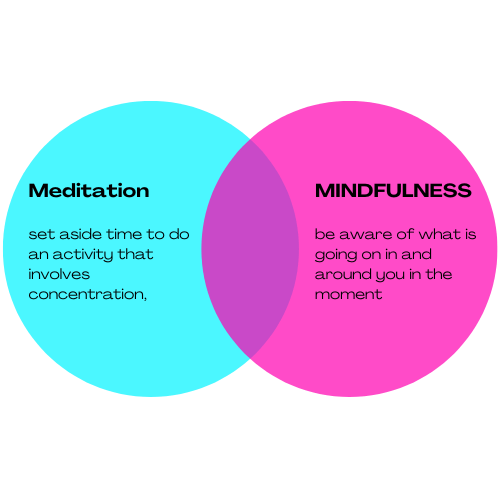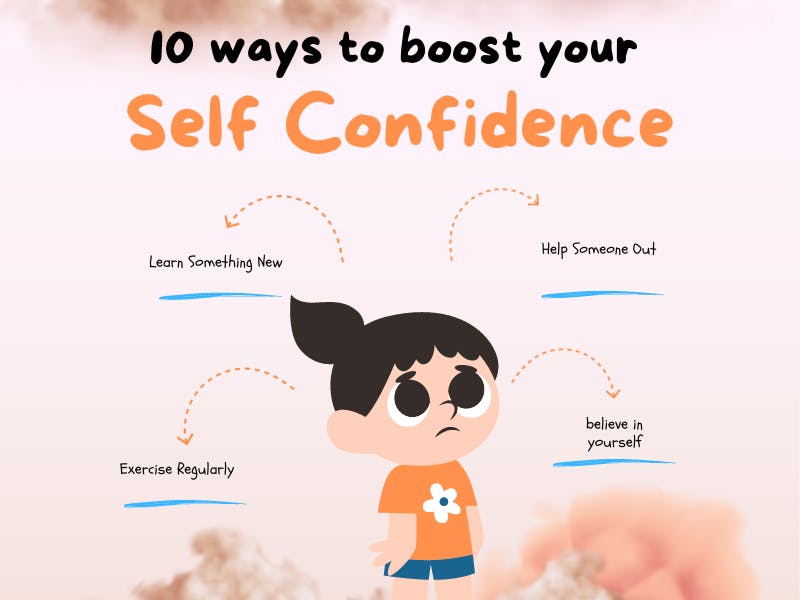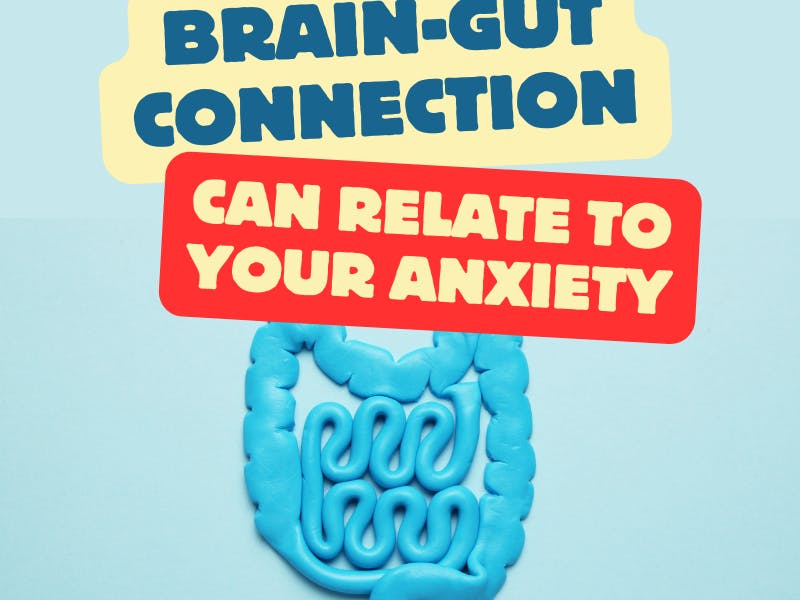
Mindfulness vs. Meditation: Understanding the Differences, Benefits, and Practices
Aug 14, 2024
Introduction
In today's busy world, where distractions are everywhere and stress is through the roof, more and more people are turning to mindfulness and meditation to find some mental peace and emotional balance.
Even though these two practices are often mentioned together, they aren't exactly the same thing. Each has its own unique benefits and ways of doing things. This article will break down what makes mindfulness different from meditation, talk about the perks of each, and give you some easy tips on how to start practicing them in your everyday life.
Understanding the Differences
Mindfulness and meditation both aim to enhance mental clarity and emotional balance, but they do so through different approaches and techniques.
Mindfulness is the practice of being fully present and engaged in the current moment. It involves observing your thoughts, emotions, and sensations without judgment. A mindfulness synonym that is often used is "awareness," as it emphasizes cultivating a heightened sense of awareness of the present moment. Mindfulness can be practiced informally throughout the day—whether you are eating, walking, or even washing dishes—by simply paying attention to the task at hand.
Meditation, on the other hand, is a more structured practice that involves focusing the mind on a particular object, thought, or activity to achieve a mentally clear and emotionally calm state. There are various forms of meditation, including mindfulness meditation, transcendental meditation, loving-kindness meditation, and guided visualization. Typically, meditation requires a specific time and place where one can sit quietly and follow a guided routine.

Benefits of Mindfulness and Meditation
Though they are distinct practices, both mindfulness and meditation offer a range of benefits that can significantly improve your quality of life.
Stress Reduction
Both mindfulness and meditation can really help bring down your stress levels by lowering cortisol, the stress hormone. By focusing on the present moment and stopping the cycle of stress-inducing thoughts, these practices can help you feel much calmer and more at ease. Practicing mindfulness regularly makes you more aware of what triggers your stress and gives you the tools to handle it better.
Improved Emotional Regulation
Mindfulness helps you recognize and understand your emotions without getting overwhelmed by them. This increased emotional awareness can lead to better control and resilience. Meditation, especially types like loving-kindness meditation, can help you develop feelings of compassion and empathy, making you emotionally stronger and more stable.
Enhanced Focus and Concentration
Practicing mindfulness trains your mind to stay in the present moment, which can improve your attention span and concentration over time. Meditation techniques, like focusing on your breath or repeating a mantra, can take this a step further by helping you achieve a deep state of focus and mental clarity.
Better Relationships
Mindfulness encourages you to listen actively and be more empathetic, which can improve your relationships by fostering better communication and understanding. Meditation, particularly loving-kindness meditation, can help you develop a more compassionate and understanding outlook towards others, making your interactions more meaningful.
Physical Health Benefits
Both mindfulness and meditation have been shown to boost physical health. Studies indicate that these practices can lower blood pressure, improve sleep quality, and enhance immune function. The relaxation response triggered by meditation can also help reduce chronic pain and improve overall well-being.
How to Practice Mindfulness and Meditation
Incorporating mindfulness and meditation into your daily life doesn't have to be complicated. Here are some practical steps to get started.
Mindfulness Practice
- Mindful Breathing: Take a few minutes each day to focus on your breath. Notice the sensation of the air entering and leaving your nostrils, and the rise and fall of your chest. Whenever your mind wanders, gently bring your focus back to your breath.
- Mindful Eating: Pay attention to the taste, texture, and aroma of your food. Chew slowly and savor each bite. This practice not only enhances your eating experience but also helps in better digestion.
- Mindful Walking: During your daily walk, pay attention to the sensation of your feet touching the ground, the rhythm of your steps, and the sounds around you. This practice can transform a mundane activity into a meditative experience, grounding you in the present moment.
- Mindful Listening: When conversing with someone, fully engage by listening to their words without planning your response. Notice their tone, expressions, and body language. This practice fosters deeper connections and enhances communication.
Practicing Meditation
- Find a Quiet Space: Choose a quiet, comfortable space where you won't be disturbed. Sit in a comfortable position with your back straight, either on a chair or a cushion on the floor.
- Set a Timer: Start with just a few minutes each day and gradually increase the duration as you become more comfortable with the practice. Setting a timer can help you commit to the practice without constantly checking the clock.
- Focus on Your Breath: Close your eyes and take a few deep breaths to settle in. Then, focus your attention on your natural breathing. Notice the sensation of the breath as it enters and leaves your nostrils. If your mind wanders, gently bring your focus back to your breath.
- Use a Mantra (Optional): In practices like Transcendental Meditation, a mantra—a specific word or phrase—is repeated silently to help the mind settle. Choose a word or phrase that feels calming to you, and repeat it silently with each breath.
- Guided Meditations: If you're new to meditation, guided meditations can be very helpful. There are many apps and online resources available that offer guided sessions, which can provide structure and support as you develop your practice.
Combining Mindfulness and Meditation
While mindfulness and meditation are distinct practices, they can complement each other beautifully. You can start your day with a brief meditation session to center yourself and then carry the principles of mindfulness into your daily activities. For example, after meditating in the morning, you might practice mindful breathing during a stressful meeting or engage in mindful eating during lunch.
Overcoming Common Challenges
Starting a mindfulness or meditation practice can be challenging, especially if you're new to these concepts. Here are some common obstacles and tips for overcoming them:
- Restlessness: It's normal to feel restless or impatient, especially when you start meditating. Remember that the goal is not to eliminate thoughts or achieve a state of perfect calm, but to observe whatever arises with curiosity and without judgment. Once you start doing it and be the witness of your mind, you are improving. So you don’t even need an intentional goal!
- Inconsistency: Establishing a regular practice can be difficult. Try to set a specific time each day for your practice, and stick to it as much as possible. Even a few minutes of practice each day can be beneficial.
- Self-Judgment: It's easy to become self-critical if you feel you're not "doing it right." Remember that mindfulness and meditation are practices, not performances. Be kind to yourself and recognize that every moment of practice is valuable, regardless of how it unfolds.
- Distractions: Life is full of distractions, and it's unrealistic to expect a perfectly quiet environment. Instead of trying to eliminate distractions, practice observing them without attachment and gently guiding your focus back to your breath or chosen focal point.
Conclusion
Mindfulness and meditation are fantastic tools that can greatly improve your mental clarity, emotional well-being, and overall quality of life. Even though they’re different practices, both have unique benefits and can easily be incorporated into your daily routine.
Whether you decide to practice mindfulness throughout your day or set aside time for meditation, remember the words of Lao Tzu: "A journey of a thousand miles begins with a single step." The key is to be consistent and truly focus on being present in the moment.
So, just take the first step!




